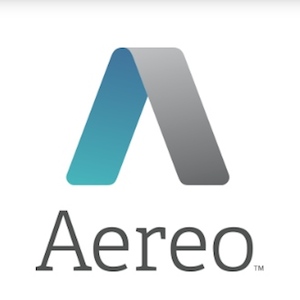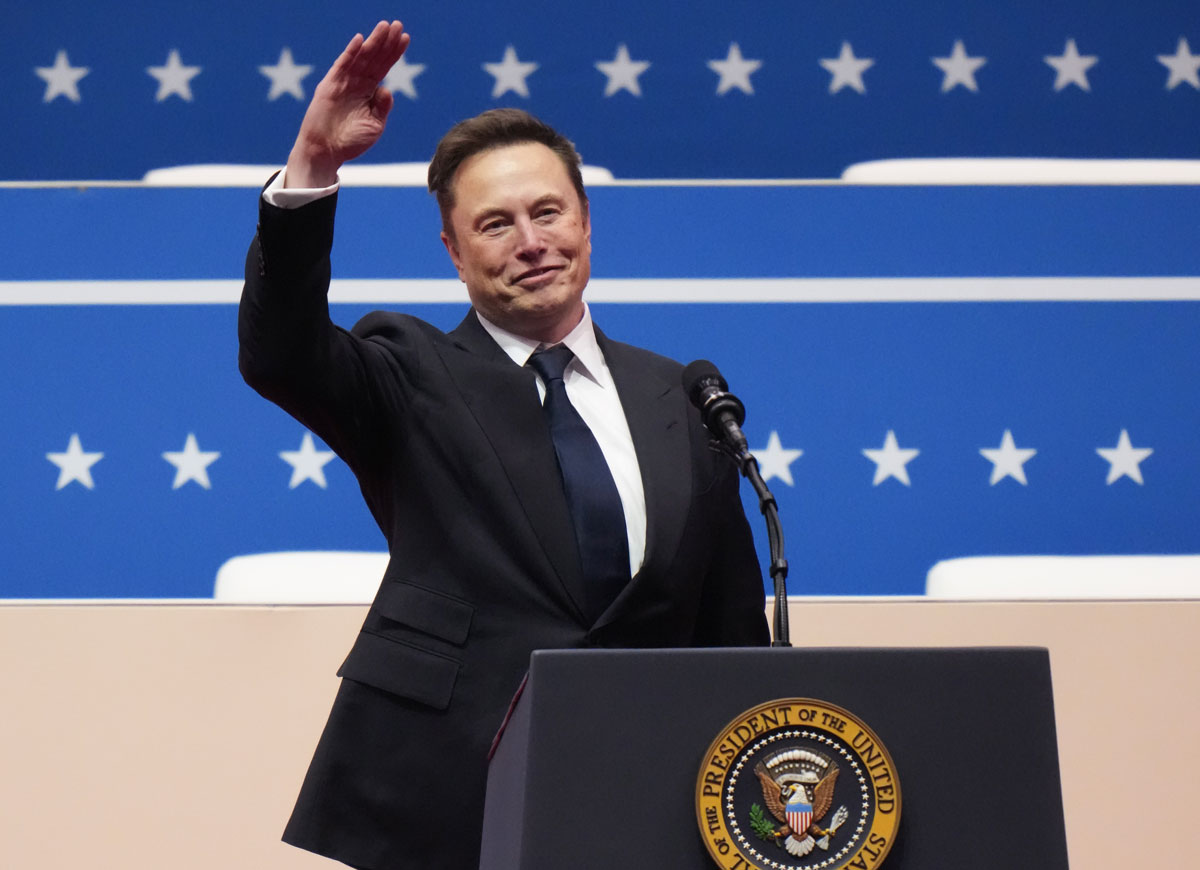Supreme Court Hears Oral Arguments In Aereo Case
The Supreme Court heard oral arguments regarding the Broadcast Networks suit against Aereo Tuesday, April 22.
Broadcast Networks vs. Aereo
Aereo is a new company that combines free antenna television access to public networks with the facility and perks of streaming video and a DVR. Essentially, Aereo uses antennas to transmit television broadcast signals directly to individual subscribers. Subscribers can record certain shows, which will be stored in the cloud (internet storage) and be accessible to any connected mobile device.
Aereo may sound like an extension of Netflix Instant Watch or Hulu, or even a regular cable or dish subscription, but what makes it different is it’s use of free antenna signals. Because Aereo uses antennas to receive broadcast TV signals, the company doesn’t pay the broadcast networks for their content, as cable companies do. As a result, the broadcasting networks, NBC, FOX, CBS, PBS, Univision, Telemundo and ABC are suing Aereo for copyright infringement.
Already, the broadcast networks have lost the case in Federal Court in New York and again in the Second Circuit Court of Appeals, but the case is far from a sure thing for either side.
In opening arguments, Paul Clement represented the broadcasters and struggled to explain to the Supreme Court Judges the difference between a service like Aereo and a service like Dropbox, which simply allows storage in the cloud as opposed to also delivering content.
“I think it’s the difference between a car dealer and a valet parking service. I mean, if you look at it from 30,000 feet, you might think, hey, both of these things provide cars to the public. But if you looked at it more closely, you’d understand, well, if I show up at the car dealership without a car, I’m going to be able to get a car. If I show up at the valet parking service and I don’t own a car, it’s not going to end well for me,” Clement said.
Some justices are concerned about setting a dangerous precedent in terms of cloud storage and Internet freedom, others were more skeptical of Aereo’s intentions. Chief Justice John Roberts accused Aereo of hiding their antennas.
“Is there any reason you need 10,000 of them? I mean, there’s no technological reason for you to have 10,000 dime-sized antenna, other than to get around the copyright laws.” Said Justice Roberts.
Private vs. Public Performance
David Frederick, attorney for Aereo, argued that the case would be a landmark case for Internet innovators involved in the cloud.
“Every time somebody stores something in the cloud, whether it’s a song, a video image or the like, if it happens to be something that somebody else has stored in the cloud, the act of one person initiating it and perceiving it is going to implicate the public performance right. And that’s why the cloud computing industry is freaked out about this case, because they’ve invested tens of billions of dollars on the notion that a user-specific, user-initiated copy when perceived by that person is a private performance and not a public performance,” Frederick explained.
The broadcasters claim that, as a company, the antenna transmissions sent from Aereo’s antenna warehouses to their customers are classified as ‘public performances’ by the Copyright Act, while Aereo is arguing that each antenna is the property of different customers, making each transmission private.
Aereo is presenting itself as a television/Internet service for the people, costing only $8-12 a month. Aereo CEO Chet Kanojia accused the networks of suing simply because they are threatened by Aereo financially, not because of any legal standing.
“So there is all this concoction, and basically false narratives being created, that somehow this is a copyright problem. It’s not. The problem is – it’s a business model problem. The world is changing around these guys [networks] and they are reacting with what they know, which is litigate and kill innovation – new companies that come in – because they’re making far too much money and continue to make far too much money and have no incentive to change,” Kanojia said in an interview with Bloomberg.
A decision is expected sometime in June.
– Olivia Truffaut-Wong
More like this:
> Celebrities Tweet Cheers At Demise Of DOMA, Proposition 8 At Hands Of Supreme Court
> Edith Windsor, DOMA Plaintiff, Celebrates Victory At U.S. Supreme Court
> Supreme Court Strikes Down DOMA; Permits Gay Marriage In California
RELATED ARTICLES
Get the most-revealing celebrity conversations with the uInterview podcast!






Leave a comment